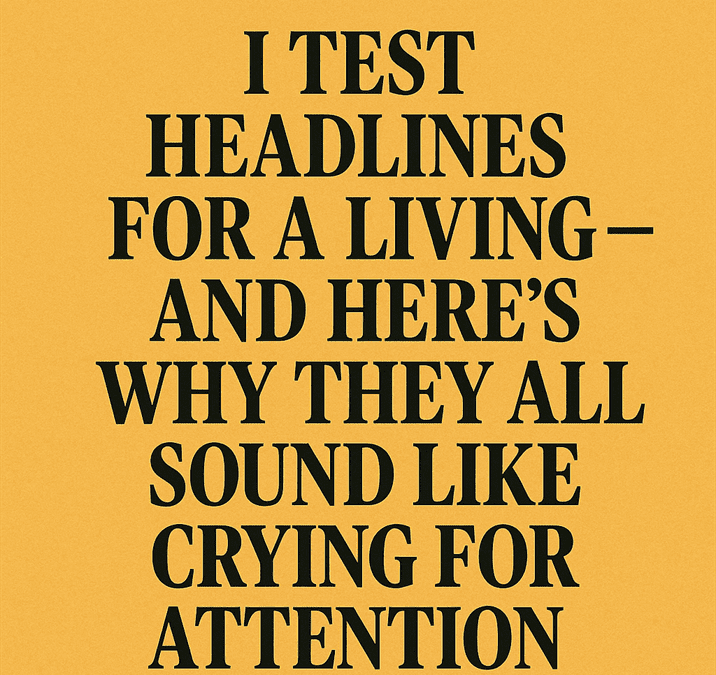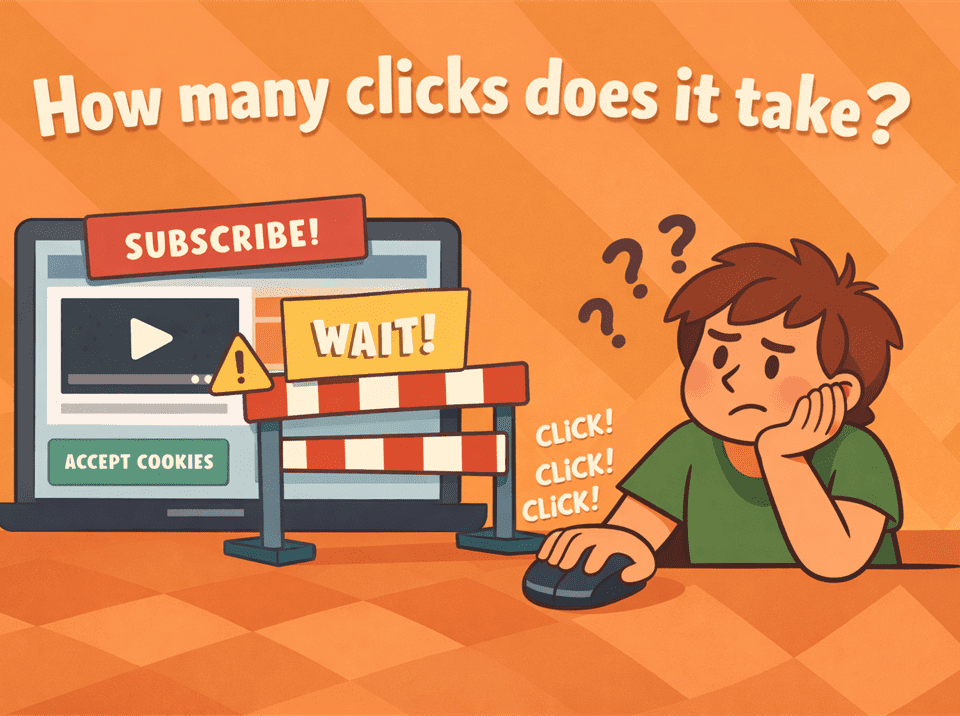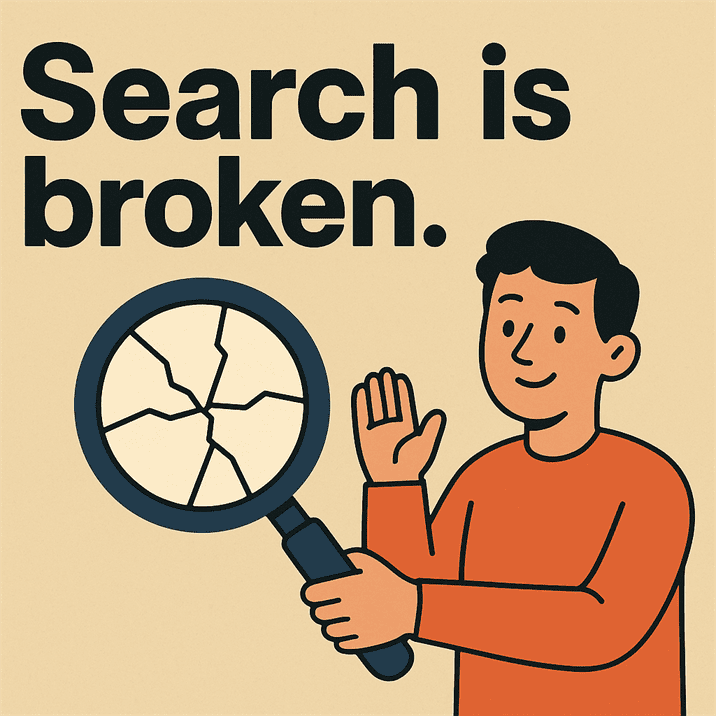I test headlines for a living — Here’s why they all sound like they’re crying for attention

You’ve seen them. You’ve groaned at them. You’ve maybe even clicked one while telling yourself it was “just for research” (spoiler: it wasn’t).
Media headlines are in their weird teenage phase right now, desperate for attention, trying on new personalities, and constantly shouting:
“I test Bluetooth speakers for a living — and there’s only one I’d choose to power back-yard parties.”
Which translates as: I have ears and a patio. Bow down before me.
Or: “I test audio gear for a living — and these are now my favourite bookshelf speakers under £150.”
Big achievement, mate. Did you also pick a favourite biro this week? Truly, you’re the Aristotle of Argos.
And then there’s: “I’m a security expert and here are my top security mistakes.”
Sounds less like an article and more like the opening statement in a trial.
This whole style is the love child of SEO and Google’s beloved EEAT (Experience, Expertise, Authoritativeness, Trustworthiness).
On paper, it’s meant to prove a human with real knowledge wrote the thing.
In practice, it reads like a LinkedIn humblebrag that escaped into the wild. It’s EEAT, but with jazz hands.
The problem is nobody cares who you are. Not even a little bit.
I don’t wake up thinking, “What I really need is the lived experience of a bloke who’s dedicated his career to toaster crumb-tray analysis.”
And yet, headlines keep trying to make me care:
- “I test kettles for a living — and this one actually made me emotional.”
- “I review hoovers for a living — and there’s only one that could clean up my divorce.”
- “I eat cheese for a living — and this is the cheddar that made me believe in love again.”
Okay, so I played with them a little, but you get the idea…
Do they sound unhinged? Yes. Do they sound believable as actual headlines? Also yes.
It’s all so… needy. Like that one friend at a party who keeps reminding you they studied abroad in Barcelona. “Did I mention I’m a skincare expert? Here are the top 7 moisturisers I’d trust with my firstborn.”
Okay, Rachel, relax.
It’s not just tech. Lifestyle media’s having its own meltdown too:
- Guardian voice: “I’m a mindfulness coach and here’s why your anxiety is probably just capitalism wearing a silly hat.”
- Daily Mail voice: “I ate nothing but Percy Pigs for a week — what happened next will horrify you (and the NHS).”
- Independent voice: “I live in London — and these are the only three sandwiches worth remortgaging for.”
See? You didn’t even blink. Because that’s how bad it is, parody and reality are now the same thing.
The funniest bit? By trying so hard to prove their credentials, these headlines actually scream insecurity.
It’s like a stranger opening a conversation with: “Hi, I’m very trustworthy, everyone says so.”
Yeah, Nigel. That’s exactly what someone untrustworthy would say.
If the trend keeps going, we’ll eventually end up with:
- “I exist for a living — and here’s the only brand of oxygen I’d trust.”
- “I write sarcastic blog posts for a living — and this is the only joke I’d recommend sharing with your nan.”
And honestly, at that point, I’ll probably click. Out of respect.
Anyway, that’s my working theory on why headlines now sound like they’re written by insecure interns role-playing as prophets.
And yes, technically, I test headlines for a living too.
But unlike the Bluetooth speaker guy, I won’t tell you my “top pick.” Mainly because it’s this post. And even I don’t fully trust me.



